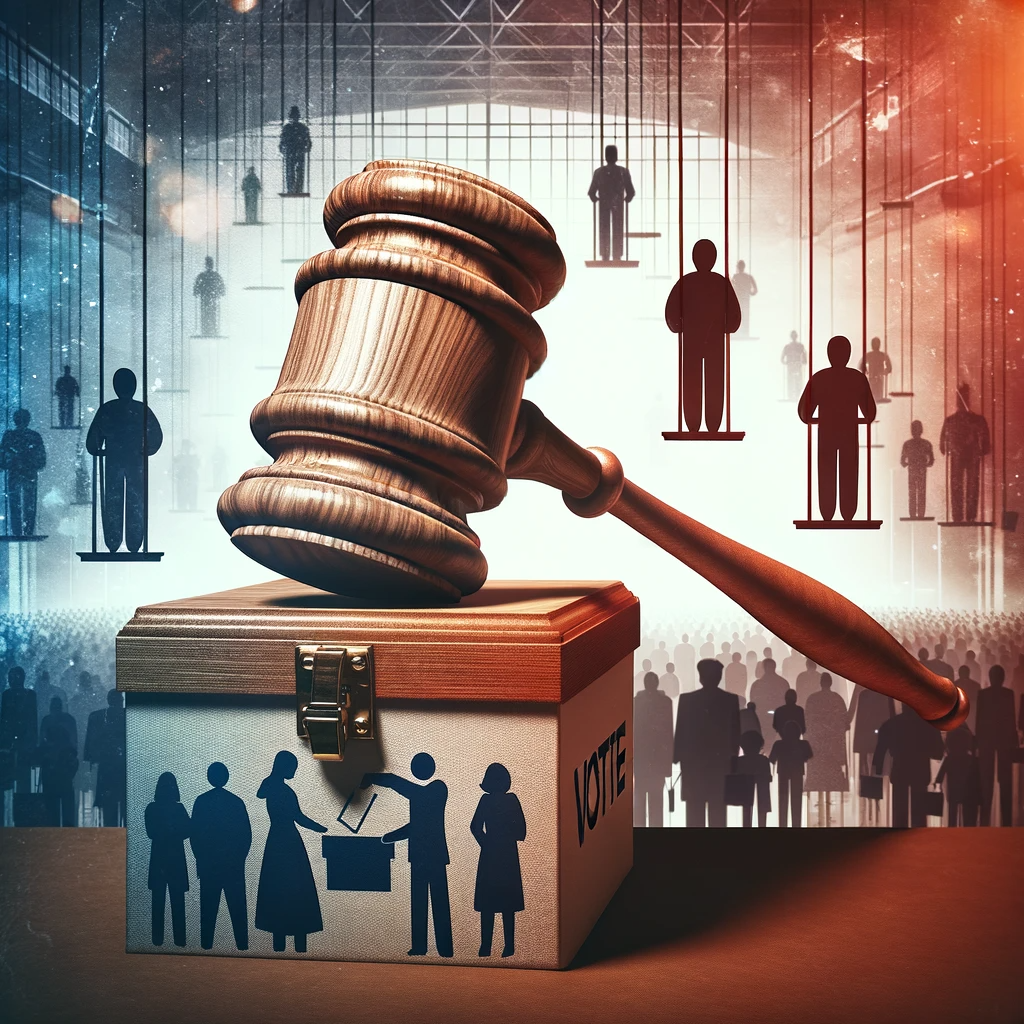Politics Unveiled: The Core Elements of Election Laws and Regulations Every Citizen Should Know
In the labyrinth of politics, election laws and regulations stand as the guardians of democratic principles, ensuring the integrity and fairness of the electoral process. These legal frameworks are not just bureaucratic red tape; they are the very foundation upon which the edifice of democracy is built. As such, understanding the key components of these laws is crucial for every citizen, as it empowers them to engage more effectively in the political process and safeguard their rights as voters.

Voter Eligibility and Registration
One of the most fundamental aspects of election laws is the criteria they set for voter eligibility. These laws determine who can vote, based on factors such as age, citizenship, residency, and in some jurisdictions, the absence of felony convictions. Closely tied to this is the process of voter registration, which is designed to ensure that eligible voters are properly listed and able to participate in elections. This process varies widely around the world, from automatic enrollment based on government records to the requirement for individuals to register themselves by a certain deadline.
Electoral Systems and Voting Methods
The heart of any election law is the electoral system it establishes, which defines how votes are translated into seats in a legislature or into the election of an executive leader. Systems range from simple plurality or “first-past-the-post” to more complex mechanisms like proportional representation or ranked-choice voting. Additionally, the regulations dictate the voting methods—whether paper ballots, electronic voting machines, or mail-in ballots—each with its own set of rules to ensure security, confidentiality, and accuracy.
Campaign Finance and Political Advertising
A critical component of election laws is the regulation of campaign finance and political advertising. These rules are designed to prevent undue influence on the electoral process by regulating the sources and amounts of money that can be contributed to political campaigns, as well as how that money can be spent. Similarly, laws governing political advertising aim to ensure fairness and transparency, setting standards for what can be communicated to the electorate and through what mediums.
Electoral Boundaries and Gerrymandering
The drawing of electoral boundaries, or districting, is another key aspect of election law, one that can have profound effects on the political landscape. These laws determine how electoral districts are shaped and can be a source of controversy, especially when gerrymandering occurs—manipulating the boundaries to favor one party over another. Regulations that seek to make this process transparent and fair are essential for maintaining the integrity of the electoral system.
Election Day Conduct and Polling Station Regulations
The conduct of elections themselves is governed by detailed regulations to ensure that voting is accessible, orderly, and free from coercion or fraud. This includes rules about the operation of polling stations, the training and conduct of poll workers, and the rights of observers and media. Additionally, laws often specify the process for casting and counting votes, including provisions for absentee or early voting, and mechanisms for addressing disputes or irregularities.
Post-Election Procedures and Dispute Resolution
After the ballots are cast, election laws outline the procedures for counting votes, reporting results, and, if necessary, conducting recounts or audits. These regulations are crucial for ensuring that the outcome of an election accurately reflects the will of the voters. Furthermore, in cases where the legitimacy of the process or results is questioned, the law provides mechanisms for dispute resolution, often through judicial review or electoral tribunals.
Conclusion
The components of election laws and regulations are as diverse as they are vital, touching upon every aspect of the electoral process from voter registration to the final certification of results. In the complex world of politics, these laws serve as the framework for democratic engagement, ensuring that elections are free, fair, and transparent. As citizens and participants in democracy, it is our responsibility to understand these laws, not only to protect our own rights but to uphold the principles of democratic governance for all.



